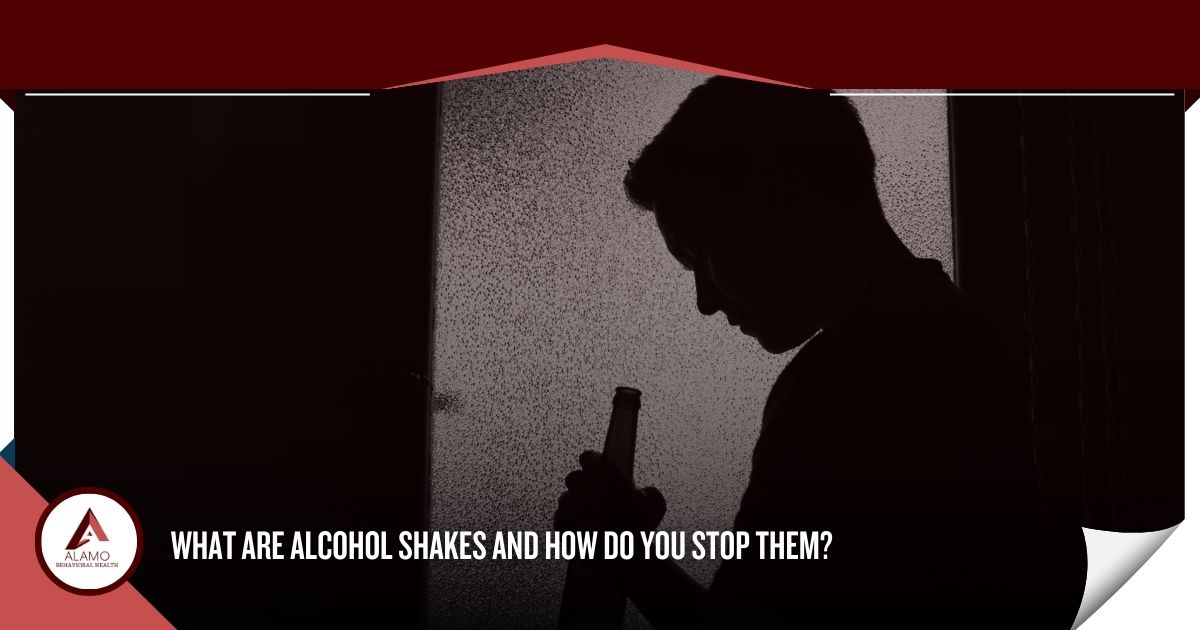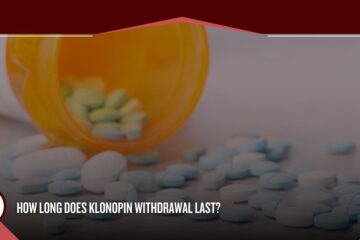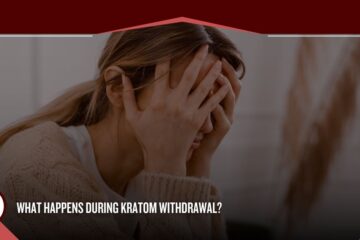A night of drinking can leave you feeling shaky in the morning. You may notice your hands trembling as you go about your morning routine. While it may be tempting to brush off these tremors as a sign of a hangover, could it mean something more serious?
People commonly experience alcohol tremors in their hands or other parts of the body after a night–or more–of heavy drinking. Some people may refer to this as “alcohol shakes.” However, experiencing shaky hands and other hangover symptoms after drinking can indicate unhealthy drinking patterns that can cause long-term health complications, including addiction.
It is important to be aware of the signs of alcohol abuse and addiction. This article will explore alcohol withdrawal shakes and other symptoms that could indicate you need help to quit drinking.
What you will learn:
- Why alcohol shakes happen
- How much alcohol is too much
- How to stop alcohol shakes
- How to recognize the signs of a problematic relationship with alcohol
- Where to find alcohol abuse treatment and support
If you or someone you love struggles with unhealthy drinking or alcohol addiction, you are not alone. Comprehensive treatment and support are available at Alamo Behavioral Health.
Reach out to our intake team now to learn about how our treatment and support programs can support your recovery journey.
Alcohol Withdrawal Shakes: Why Do They Happen?
Heavy drinking changes how your body and brain function. Alcohol depresses central nervous system (CNS) activity and causes sedative effects. When you drink, your body responds to the effects of alcohol by increasing CNS activity to counteract alcohol’s depressant effects.[1]
Ongoing, heavy alcohol consumption can result in your body being in a constant state of elevated CNS activity. If you suddenly stop drinking, you may experience symptoms of alcohol withdrawal.
Symptoms of withdrawal from alcohol may include:[2]
- Tremors in the hands or other areas of the body
- Fatigue
- Insomnia
- Nausea
- Anxiety
- Excessive sweating
- Headache
Experiencing any form of alcohol withdrawal can point to an unhealthy relationship with alcohol. It is important to recognize signs of alcohol dependence and seek treatment if you identify a problem.
How Can I Stop Alcohol Withdrawal Shakes?
Severe alcohol tremors can be a sign of a serious withdrawal complication that may result in seizures. Studies have found that withdrawal seizures can occur in 11-33% of alcohol-dependent individuals.[3] If you are experiencing severe tremors, seek medical attention right away.
If you have minor alcohol tremors or shakes, there are a few things you can try to cope with them. They include:
- Drinking water to help your body flush out toxins and prevent dehydration.
- Eat a balanced diet to replenish missing vitamins and minerals. Focus on getting essential B vitamins that support CNS functioning. Good sources of B vitamins include whole grains, beans, leafy greens, and meat.
- Discussing your symptoms with a medical professional. Prescription and over-the-counter medications can help reduce discomfort and withdrawal symptoms after drinking.
- Reducing stress and resting to allow your body and mind to recover.
If you experience withdrawal symptoms within hours of the last drink, you may need professional help and a detox program to quit drinking safely. A medically-supported detox program can give you the treatment, care, and education you need to begin working toward lifelong recovery. They may prescribe benzodiazepines or anticonvulsants to prevent shaking, tremors, seizures, and other dangerous withdrawal symptoms.[4]
How Much Alcohol is Too Much?
Most adults in the United States report drinking alcohol at least occasionally. Alcohol is widely available in many locations. Easy access to alcohol and a culture that generally accepts alcohol use can lead many people into unhealthy drinking habits.
But when does an unhealthy pattern of drinking become a serious problem? What amount of alcohol is problematic?
The Centers for Disease Control (CDC) advises people who drink to consume alcohol in moderation.[5] It defines moderate drinking as:
- Two or fewer drinks per day for men
- One or fewer drinks per day for women
A “drink” is not just any drink containing alcohol. It is a specific unit of measurement. The CDC defines a “drink” as:
- 1.5 ounces of distilled spirits (vodka, whiskey, rum, etc.)
- 5 ounces of wine
- 12 ounces of beer
- 8 ounces of malt liquor
The CDC defines heavy drinking as:
- 15 or more drinks per week for men
- 8 or more drinks per week for women
Long-term alcohol abuse can lead to serious, sometimes life-threatening, medical, emotional, and social consequences. It is important to consider your drinking habits and recognize when you need help to stop drinking.
Do I Need an Alcohol Abuse Treatment Program?
If you regularly experience withdrawal symptoms when you stop drinking, you may require professional treatment to detox from alcohol safely. Other signs of alcohol abuse and addiction include:
- Needing to drink a lot to feel the effects of alcohol
- Being able to drink a lot without appearing drunk
- Relying on alcohol to manage emotional or physical discomfort or to socialize
- Taking risks while drinking, such as having unprotected sex or driving under the influence
- Neglecting your responsibilities, missing work, isolating, or other serious behavioral changes
Find Alcohol Abuse Treatment Now
If you want to stop drinking but can’t do it alone, help is available at Alamo Behavioral Health. Contact our intake specialists now to explore our alcoholism treatment programs or to schedule an intake assessment.
References:
- Journal of Neurology, Neurosurgery & Psychiatry: Alcohol and the nervous system
- American Academy of Family Physicians: Alcohol Withdrawal Syndrome
- Science Direct: Withdrawal Seizure
- National Institute of Health: Alcohol Withdrawal Syndrome: Benzodiazepines and Beyond
- Centers for Disease Control and Prevention (CDC): About Moderate Alcohol Use







